At a pre-Munich Security Conference briefing hosted by CEPA, I asked, “What is Ukraine’s most pressing material need?†H.R. McMaster replied, “A sustained supply of munitions is essential to bolster Ukraine’s defence”.
The conversation was anchored in the forthcoming report from CEPA’s International Leadership Council, “How to Win: A Seven-Point Plan for Sustainable Peace in Ukraine,” and provided critical insights into the strategic framework expected to shape debates at MSC 2025.
During the press briefing, a question was raised – what is the most immediate material need for Ukraine as it battles Russian aggression? Former US National Security Advisor H.R. McMaster responded decisively. Asked by me – McMaster explained that the top military priority is clear:
“I would say, priority number one is a sustained supply of munitions.â€
McMaster elaborated that while the debate over specific weapon systems is important, the broader issue is ensuring that Ukraine receives a continuous stream of its most critical capabilities. He noted:
“It’s really all of the above. It’s really a sustained supply of the most critical capabilities, weapon systems and munitions.â€
He criticised what he described as the “halting nature of the Biden administration’s provision of weapons and munitions to Ukraine.†According to McMaster, this intermittent support has not only limited Ukraine’s capacity to achieve decisive outcomes in its defensive battles but has also eroded the psychological confidence of its armed forces.
He warned that without a regular supply – whether it be artillery ammunition, long-range missile capabilities or layered air defence systems – Ukraine’s ability to inflict significant losses on Russian forces remains compromised.
Moreover, McMaster touched on the need for improved burden sharing among Western allies. He suggested that alongside bolstering military supplies, financial innovations such as a long-term, low-interest loan – reminiscent of the US loan to Finland after World War One – could further demonstrate Ukraine’s commitment to its own defence:
“Something like a long term low interest loan… would show that Ukraine is committed to its own defence, certainly, which it is, but that this isn’t just a handout to Ukraine.â€
In summarising his remarks, McMaster stressed that an uninterrupted supply of munitions is essential to not only empower Ukraine on the battlefield but also to sustain its morale and operational capacity.


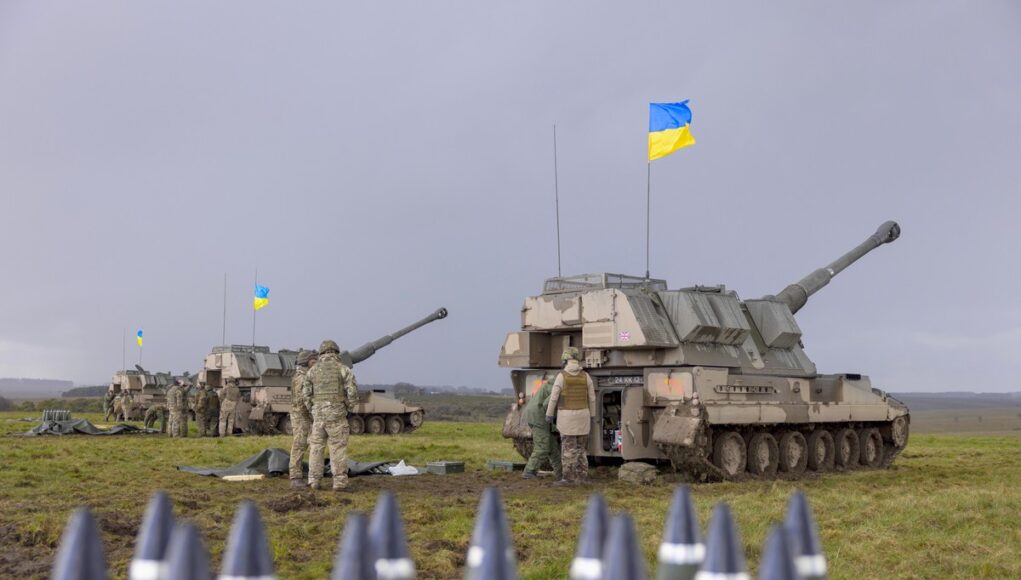
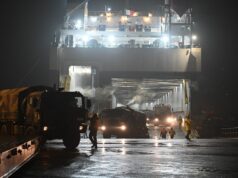
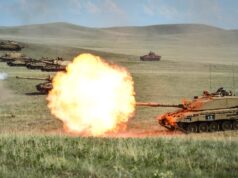
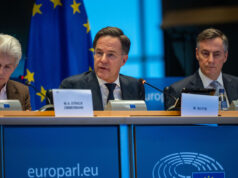


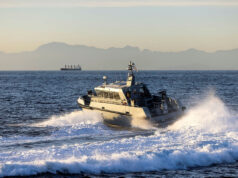
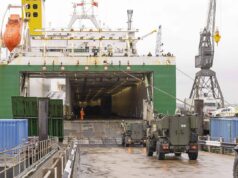

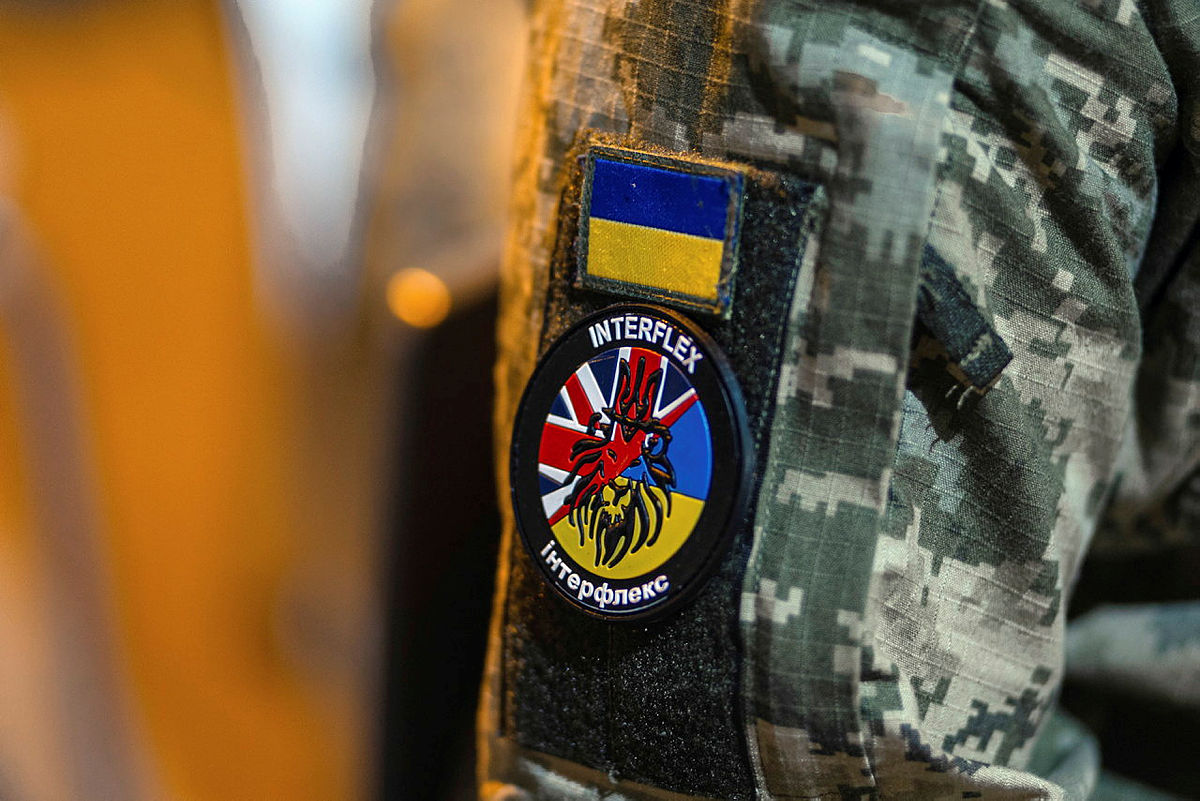
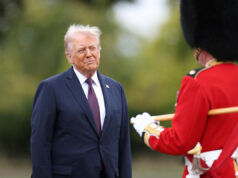

Interesting that Lt General (Retd) McMaster proposes a long, low interest loan to be taken out by Ukraine to pay for future Defence equipment/munitions. Lend Lease v2.0?
We paid our final instalment in Dec 2006. It is all about money with the Americans.
Money is control, essentially the US used UK war Debt to manage the removal of a strategic competitor. We should always remember that, there are no friends in geopolitics, nations are not moral, infact there is only ever interest. At best you can have two nations that share an enlightened self interest to grow the pie between them, but even as they grow the pie they will still be be competing. But generally almost all nations when push comes to shove will removed a strategic competitor before growing the pie. It’s one one the reasons Germany and Japan in the end did very well post war and the UK suffered ( even in the 1970s the there is very good evidence the US was still purposely lagging the UK economy.
The American Emperor says peace, so peace it is. £3bn for as long as it takes means in the eyes of the Gov’t it’ll never end these idiots will build a never ending Maginot/Hindenburg line.
All eyes are now on the Dragon ðŸ‰
Peace not war ♾ï¸â¤ï¸â˜®ï¸
Tell your lord Putin to make peace!
I mean the UK’s armed forces are more or less at the absolute limit of what we can send without compromising our own security, so it has to be a collaborative effort.
Innovation also helps a lot of course, like the new Gravehawk SHORAD system.
I supposed we can send Bulldogs etc as Boxers come online, but whether they are useful at this point I’m really not sure
I feel the remaining CVRTs might be very helpful and the AJAX is very close to IOC, so that’s not capability gap etc.
They could be useful still; as armoured personnel carriers their job is to get troops to the battlefield safely. They’re old but they’ll still protect Ukrainian troops from small arms fire, mortars and shrapnel caused by artillery.
I think anything will help, at the moment.